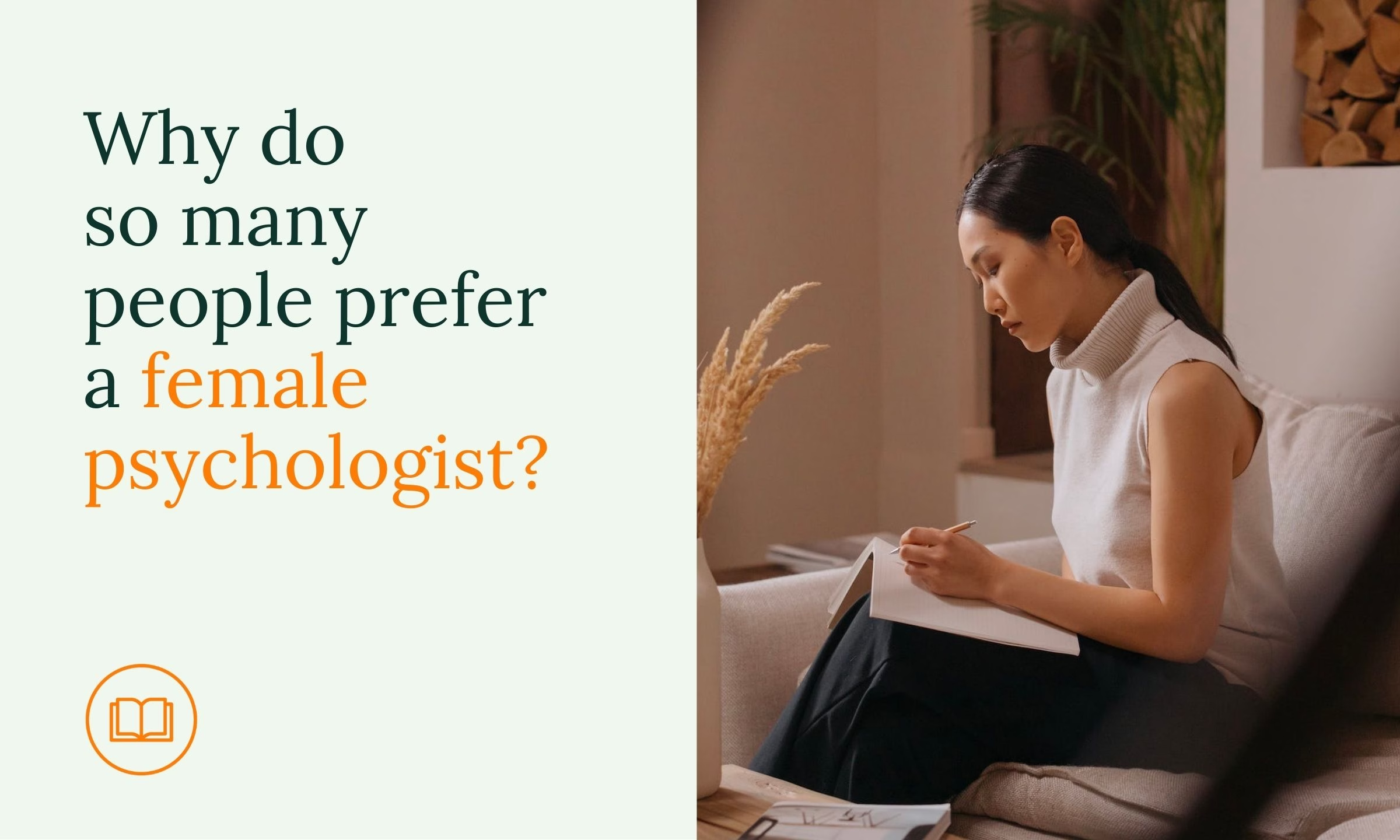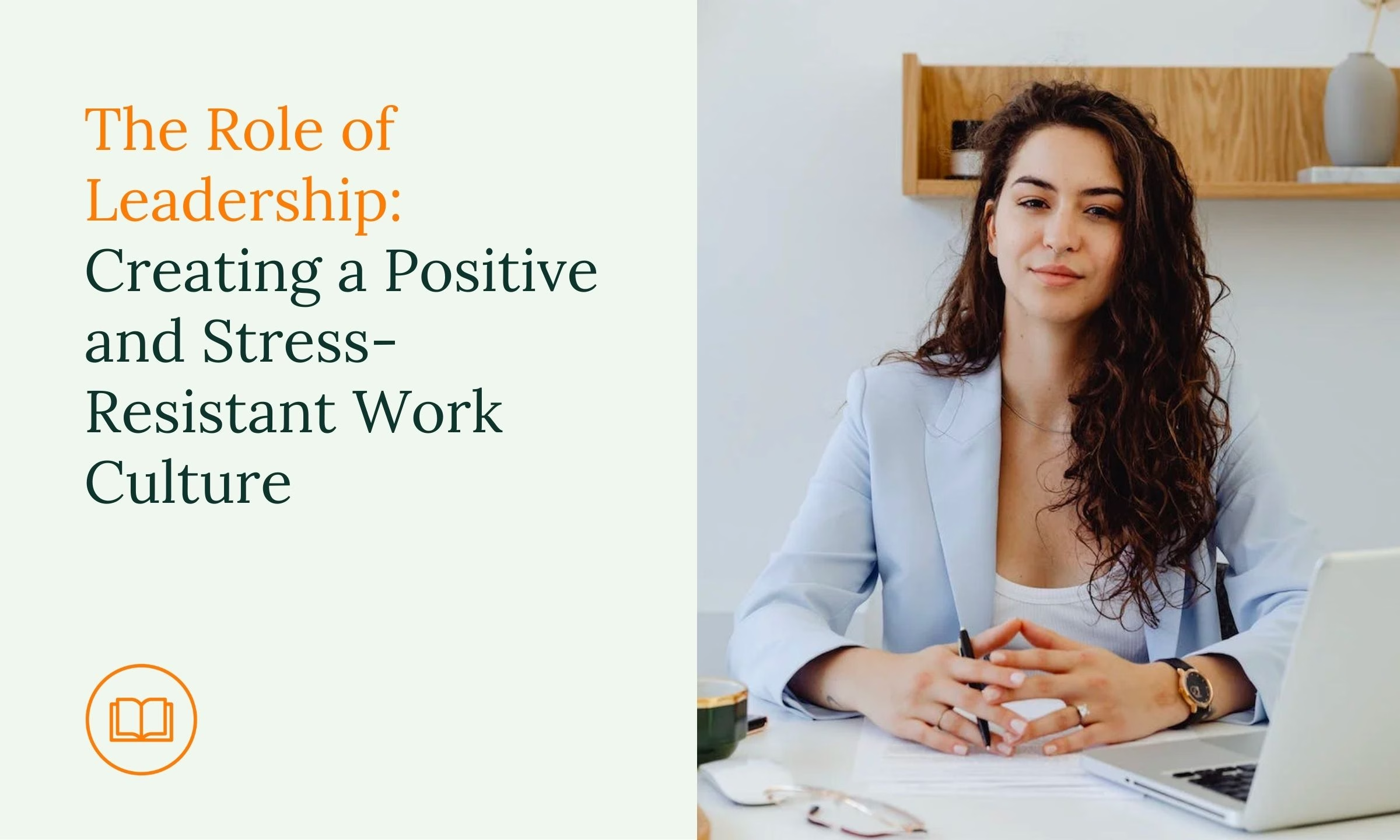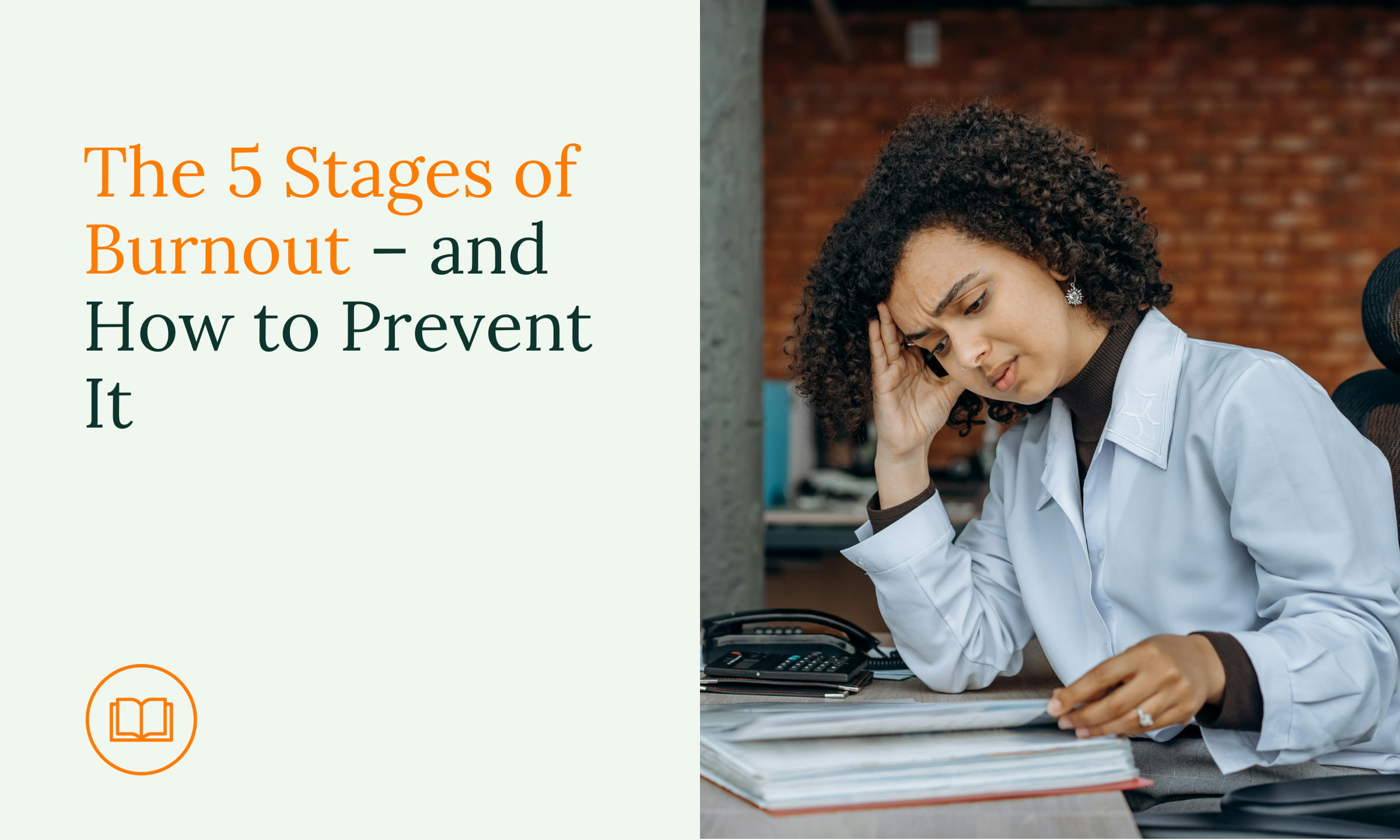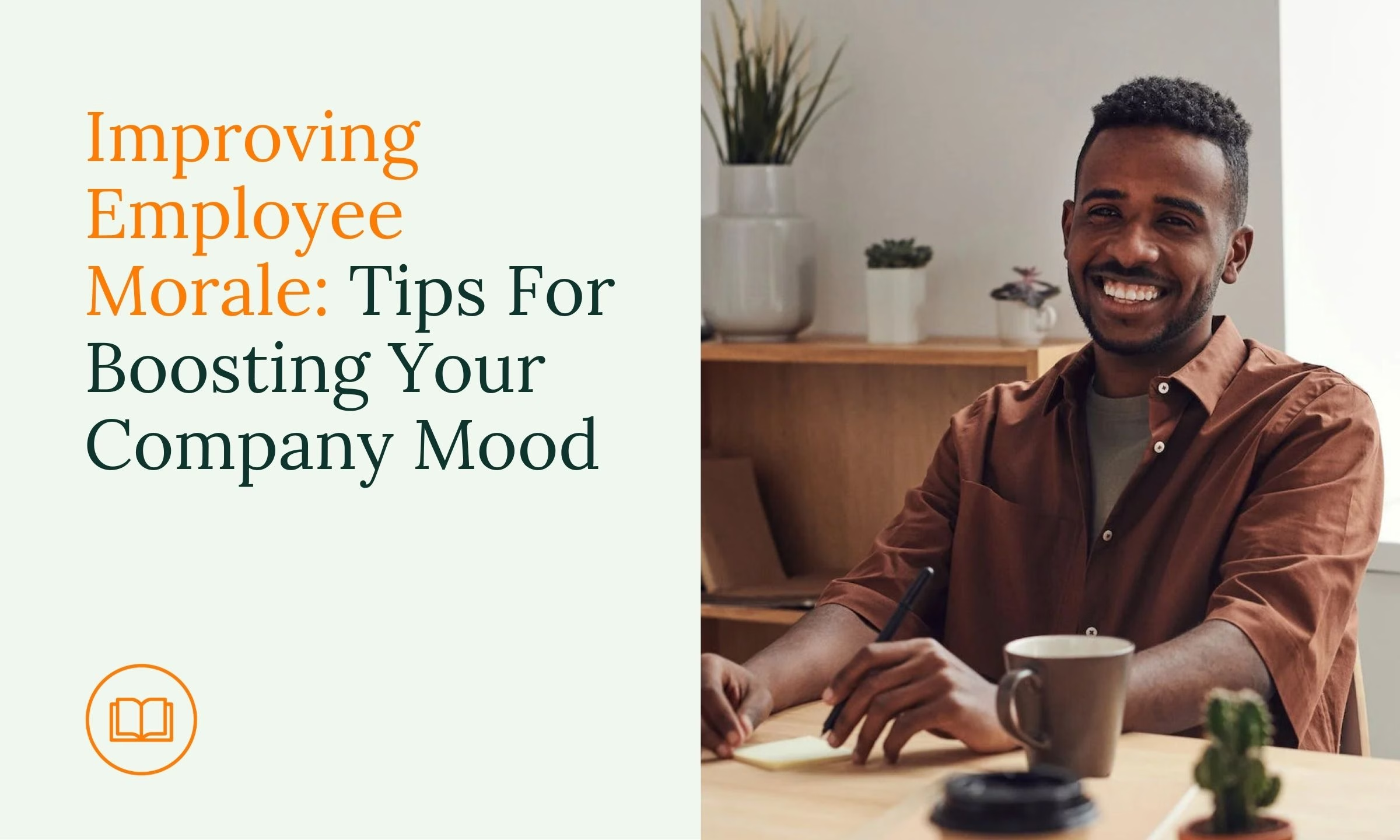Picture a psychologist in your mind: someone kind, thoughtful and helpful, who can guide you through issues and help you overcome difficulties. Do they have a gender? While, of course, any person of any gender can become a great psychologist, new nilo data proves what many of us may instinctively feel: most people prefer a female psychologist.
But why is that? Is there a stigma against male psychologists? Are women somehow ‘better’ at helping us navigate our issues? Can non-binary and male psychologists also make an impact? And what exactly does the data say? We’ll answer all those questions and more in this guide.

Who prefers a female psychologist?
According to nilo’s new data, the answer is: most people!
Our new study lays out some fascinating figures, including:
- 74% of nilo users prefer female psychologists
- 56% of male users prefer female psychologists
- 86% of users who wish to focus on family issues prefer a female psychologists
We also discovered some interesting cases where the data showed less emphasis on female psychologists, even if the majority preference still went towards women. For example…
- Amongst male users, the preference for LGBTQ psychologists is significantly higher than for female users: 16% of male users prefer LGBTQ psychologists, vs 5% of female users.
- Users who wish to focus on addiction have a higher than average preference for male psychologists.
- Users who wish to focus on management issues have a higher than average preference for male psychologists, particularly amongst male users: 50% of men focusing on management prefer female psychologists, while 44% prefer male psychologists.
- The preference for female psychologists drops slightly amongst Gen Z and younger users, who are more likely to show a preference for LGBTQ or POC psychologists.
But even these interesting cases all fell within the remit of a strong preference for female psychologists. That makes it all the more fascinating to explore exactly why our users—and many people seeking therapy—are so driven toward female psychologists.
There are more female psychologists than male
One explanation could be a simple fact: female psychologists outnumber men in their field. The American Psychological Association highlights that women make up 76% of new psychology doctorates, 74% of early career psychologists and 53% of the psychology workforce. (Despite this, women working in psychology still face significant pay disparities.) And nilo’s own data backs this up: amongst our pool of leading global psychologists, 79% are women.
Of course, the fact that there are more female psychologists than male doesn’t mean that people can’t request a male psychologist. However, it does mean that we might be more accustomed to seeing female psychologists at work.
When someone considers therapy, they might ask for a female psychologist to match the picture in their head.
Similarly, if someone has already had a therapist they loved who was a woman, they might associate her skill with her gender and ask for another woman the next time they seek out therapy.
We associate female psychologists with feminine stereotypes
A more complicated reason might be associating female psychologists with feminine stereotypes: some of them old-fashioned, some of them even sexist. Too often, our society tells us that women are meant to be nurturers, gentle, caring, empathetic, attentive and used to listening to others. Although these stereotypes often backfire on women, they are undoubtedly useful qualities in a psychologist!
Some data suggests that these stereotypes may have elements of truth to them. A Finnish study found that female therapists counseling patients with substance abuse issues were significantly friendlier and more empathetic than their male colleagues. The results were much higher success rates in treatment, as therapist empathy can explain as much as 67% of variance in treatment outcome.
nilo’s data, however, shows that this stereotype is a double-edged sword. The fact that users had a higher than average preference for male psychologist when it came to management issues might show that we are more likely to associate men with business success. And there are many empathetic male psychologists able to offer inspiring and life-changing support to their patients.
A stigma against male psychologists?
One question that might rise from this data is if we have an unfair bias against male psychologists. An investigation from the American Psychological Association worried that the growing numbers of female psychologists and psychology students might backfire in a lack of diversity in the field. But nilo’s data shows that actually, men often prefer to speak to a woman.
“Clients like to see people who look like them”
Carol Williams-Nickelson, PsyD
Executive director of the American Medical Student Association and Foundation
We don’t need to worry too much about “reverse sexism” in the psychology field. Despite the fact that women make up the majority of psychologists studying and practicing today, there is an average wage gap between male and female psychologists of $20,000. Female psychologist professors have a longer road to tenure, and male psychologists’ articles are cited around 30% more than their female peers’.
Male psychologists are also more likely to receive more awards for investigative work. And the big names in psychology history are all men: Sigmund Freud, Carl Jung and co., ignoring the work of important women like Mamie Phipps Clark, Martha Bernal, Karen Horney and many more.
The importance of choice
The significance of diversity in the field is crucial. The good news, though, is there are plenty of brilliant male psychologists working alongside their female colleagues. For users who prefer to speak to a male psychologist, there is no lack of options — nilo’s pool of global psychologists, for example, includes many wonderful male and non-binary psychologists, alongside their female colleagues.
In general, the question of whether a psychologist will work for a patient is much more about their individual chemistry. Gender plays a role in this chemistry, but it’s not the only element that makes a massive impact on the patient/therapist dynamic.
Other factors include other identity markers like race, sexuality, and class, as well as subjective components: communication style, sense of humor, and many more. Here at nilo, we developed an algorithm to pair psychologists and users in order to help find the best match amongst all these elusive elements.
Ultimately, this is a decision about your own mental health and how best to take care of it. If you have a preference for a female psychologist—you’re clearly not alone! If you feel like a man is better put to help you, there are many amazing male psychologists out there to speak to.
If you’re unsure, keeping an open mind and seeing who you connect with is also a great approach. The most important stigma to break is not against male psychologists: it’s against seeking the mental health help you need.








